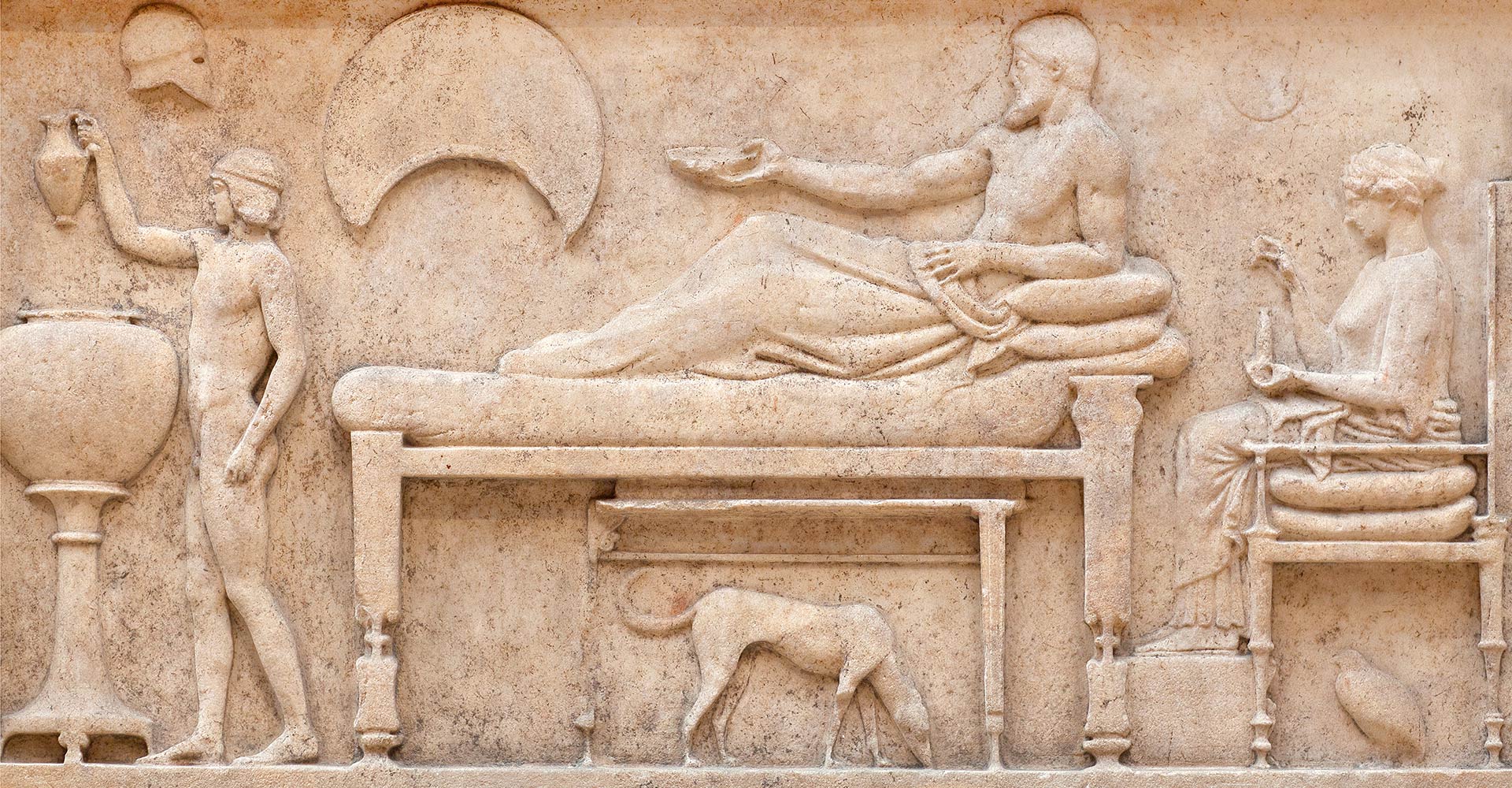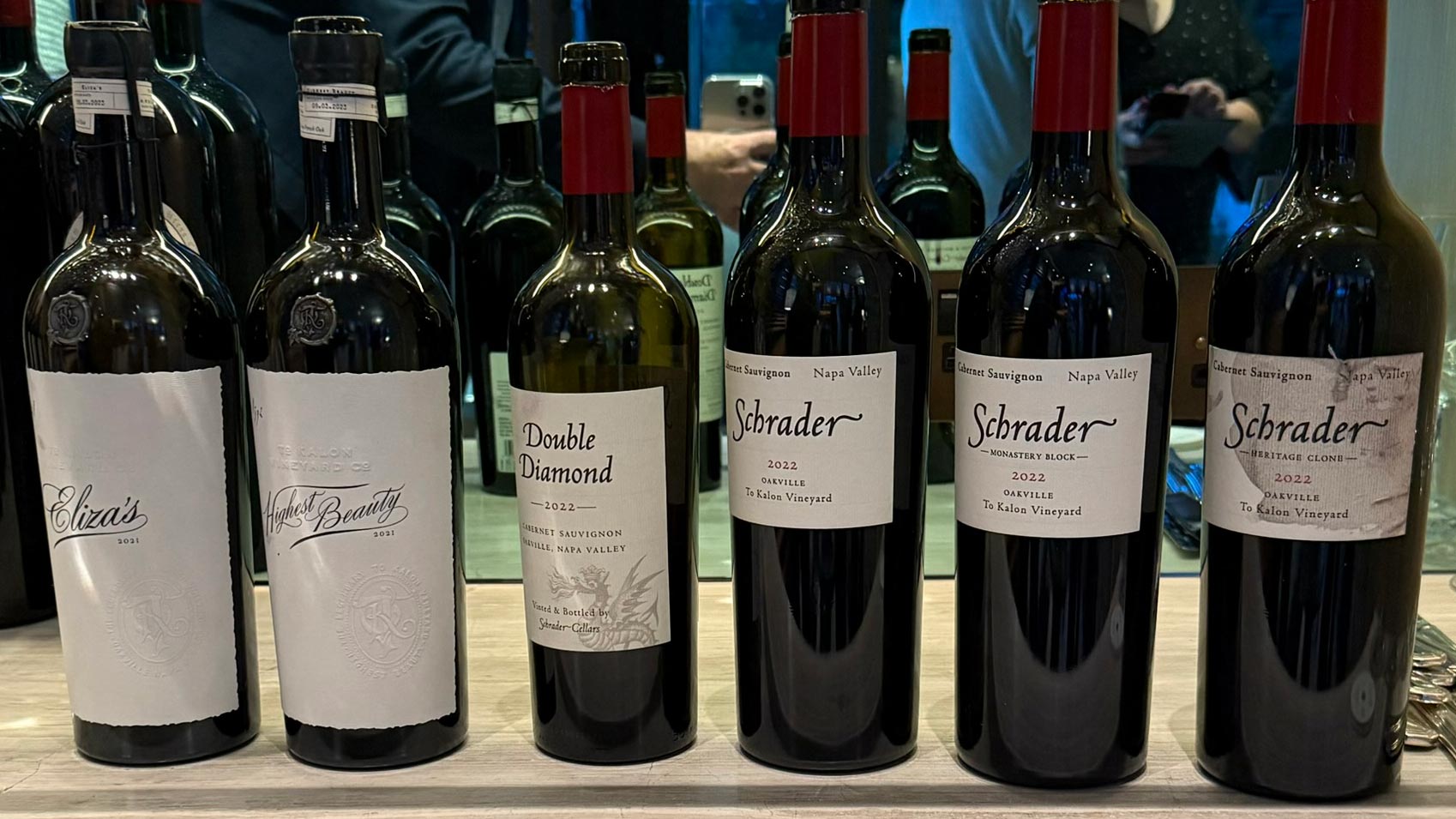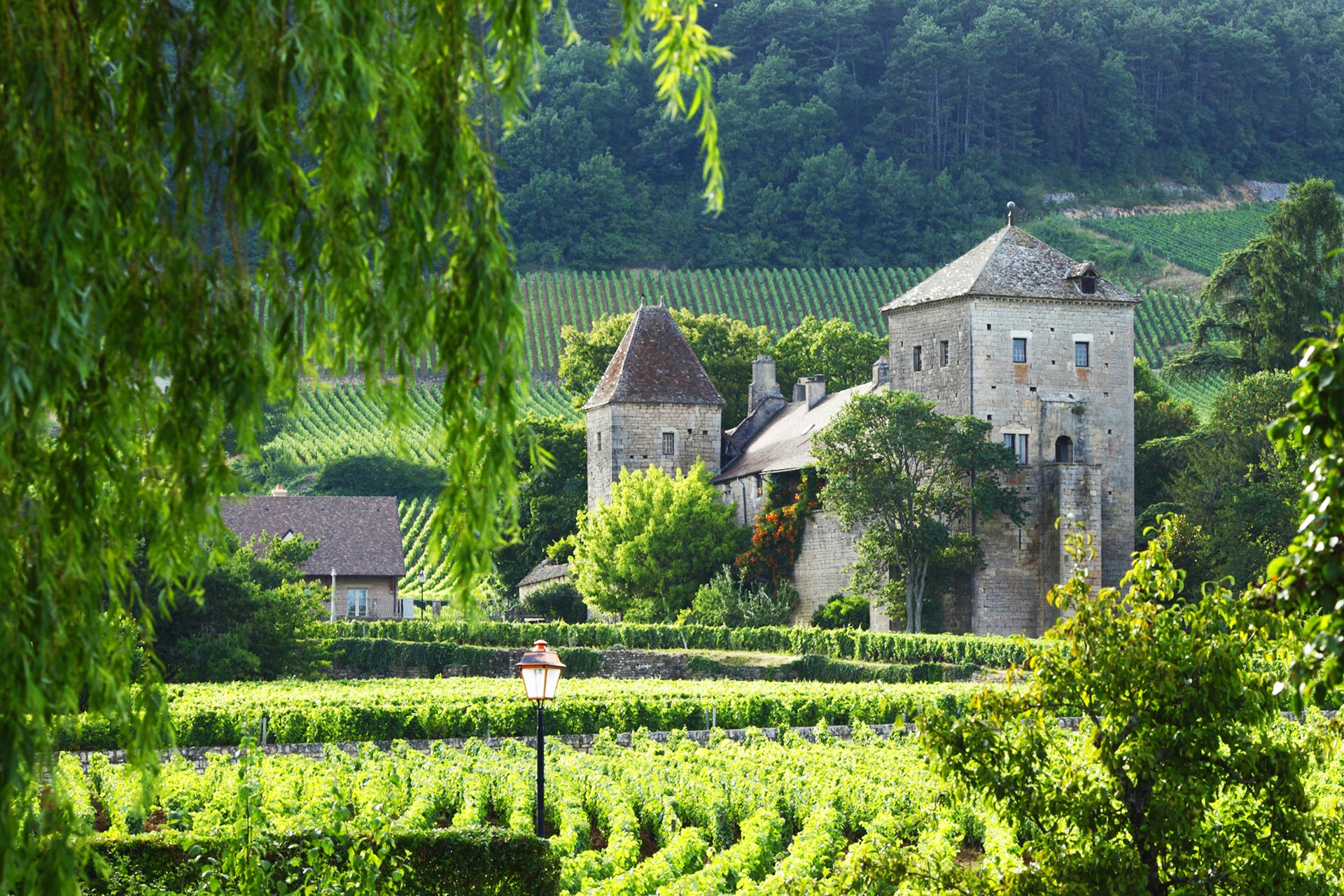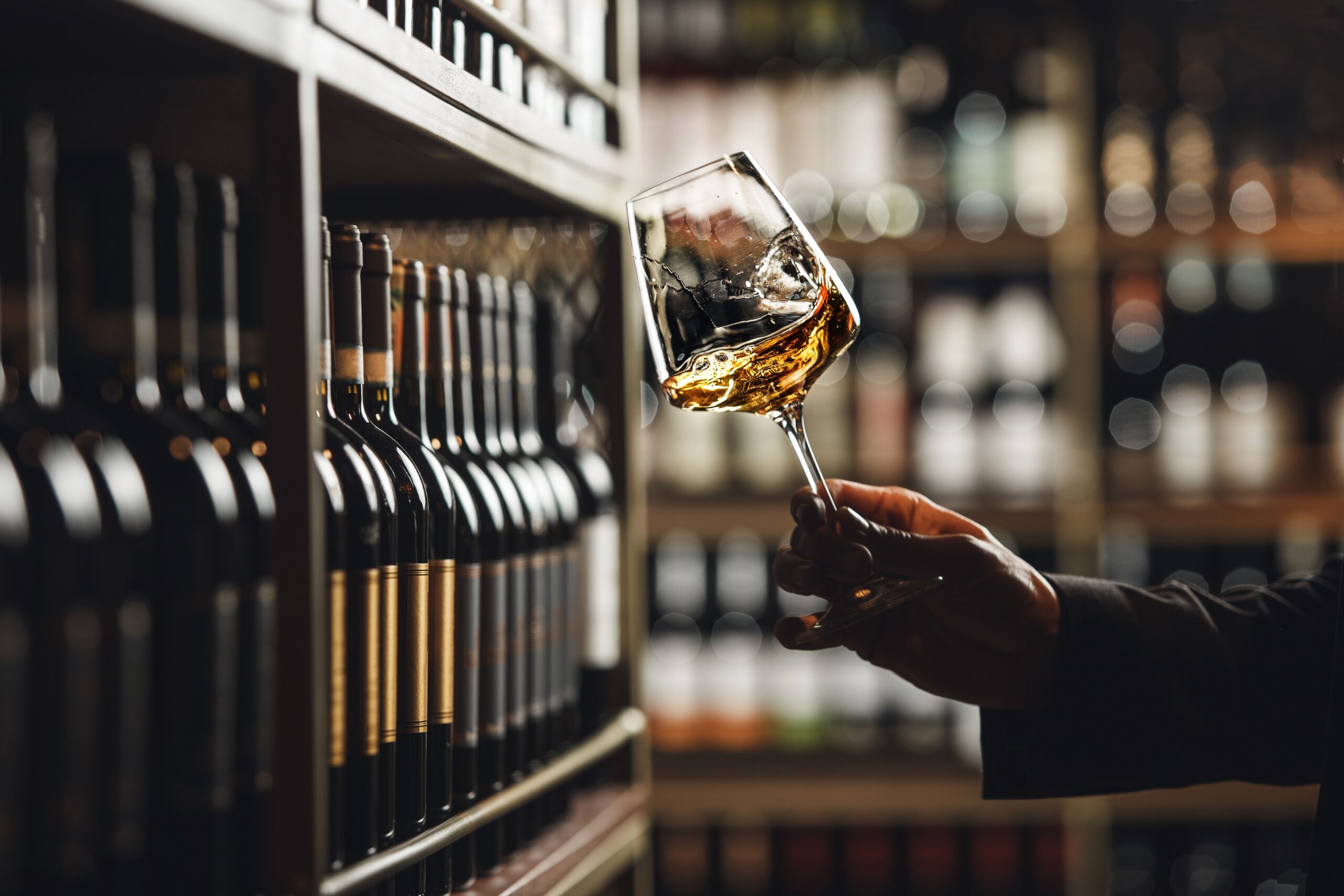Let’s face it—modern winemaking is a bit like online dating. Slick, data-driven, algorithm-approved… and occasionally, completely soulless.
We obsess over stainless steel tanks and tannin management, but somewhere in our obsession with analytics and fermentation graphs, we lost the romance. The ritual. The magic.
But what if we could take a giant sip of the past?
Welcome to the whimsical world of archaeo-oenology—an intoxicating cocktail of ancient wisdom and cutting-edge science. This isn’t your average vineyard ramble. No, we’re time-travelling through dusty amphorae, decoding tomb rituals, sipping with Greek philosophers, and side-eyeing neuroscience—all in pursuit of wine mastery.
The Ancients Had It Figured Out (Way Before Us)
Before lab coats, stainless steel, and marketing decks, winemaking was rooted in something far more profound: intuition, myth, and metaphor.
- The Sumerians poured wine into graves through clay straws because even in the afterlife, who wants to be thirsty?
- The Egyptians saw red wine as the literal blood of a resurrected god. One sip closer to immortality.
- The Greeks held drinking parties (symposia) with rules, themes, and roles—like a TED Talk with wine and reclining couches.
And then came the Romans—those efficient empire-builders who turned winemaking into a full-scale operation. They weren’t just importing barrels; they were exporting culture. Vines followed legions. Where Caesar went, Merlot wasn’t far behind.
These civilisations understood that wine wasn’t just a drink. It was a tool. For ritual. For memory. For social cohesion. And for showing off.
Wine as a Sensory Jedi Trick
Fast forward to the present. We’ve got neuroscience telling us what the ancients seemed to know instinctively: flavour doesn’t live in the wine—it lives in your mind.
- A cork pop? Your brain says, “Celebration incoming.”
- A heavy bottle? Must be high-end.
- Play Enya? Suddenly your Chardonnay sings soprano. Switch to Metallica? Cabernet turns thunderous.
It’s not magic, it’s sensory priming. Your brain is a theatre, and the wine is only one actor in the cast. Music, lighting, even the weight of your glass—it all shapes what you taste. Yes, even the price tag.
Mastery Means Looking Both Ways
The real secret to wine mastery? Don’t just stare into a microscope. Also gaze into history.
- For winemakers, it’s about assembling your toolkit from across time. Oak barrels? Ancient Gallic tech. Amphorae? Georgian innovation, 8,000 years strong. Stainless steel? Modern control freak’s dream.
- Add some smoke? Channel the Romans. Age it underground? You’re in qvevri territory. Fancy a little Mozart during fermentation? Turns out your yeast might actually enjoy it.
- For drinkers, it’s about ritual. Don’t just glug and go. Set the tone. Choose the playlist. Light a candle. Read the label aloud like it’s poetry. And if someone questions your swirling, sniffing, and pondering? Just whisper: “I’m shaping my entorhinal cortex.”
Because here’s the kicker: tasting wine trains your brain. Sommeliers literally have different brains. So yes, drinking mindfully makes you smarter. (Finally, a study we can all raise a glass to.)
Because It’s Never Just Wine
Wine is time travel in a bottle. It’s soil and sun turned into story. It’s the only drink that gets better with age—and so do we, when we drink it with purpose.
The future of wine doesn’t just lie in technology—it lies in remembering. In reconnecting with the stories behind the bottle, the rituals behind the sip, and the science that tells us our ancestors weren’t so primitive after all.
If the future of wine has a flavour, it’s bold, ancient, and unapologetically human.
So pour something meaningful. Turn down the lights. Cue the music. And toast to the fact that while our gadgets may be new, our instincts are delightfully old.



